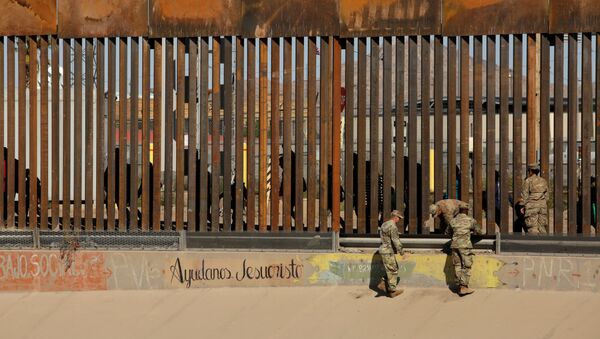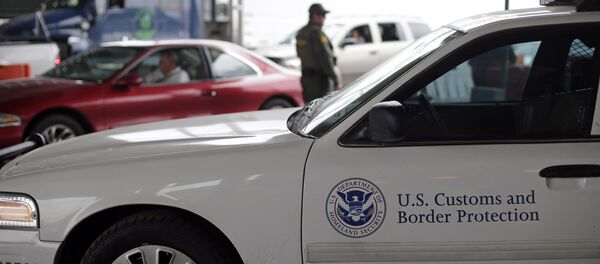The pilot took place over the course of a few days earlier this month and was used only in McAllen, Texas, and El Paso, Texas, the Washington Examiner reported.
“There’s been some concern about, 'Are they stepfathers or adopted fathers?' Those were not the case. In these cases, they are misrepresented as family members," an official involved in the system's temporary rollout who asked to remain anonymous in order to speak freely told the Washington Examiner Friday.
The debut marked the first time DNA testing of any sort has been used at the border. Currently, ICE and US Customs and Border Protection use verbal statements and written documents to verify family connections.
READ MORE: ICE Officials Warn of ‘Unprecedented Level of Child Endangerment’ at US Border
Earlier Homeland Security Investigations (HSI) deployed 130 personnel to the border, including forensic interview specialists, victim assistance specialists and document examiners in order to help ICE verify the individuals who claimed to be in a family unit.



